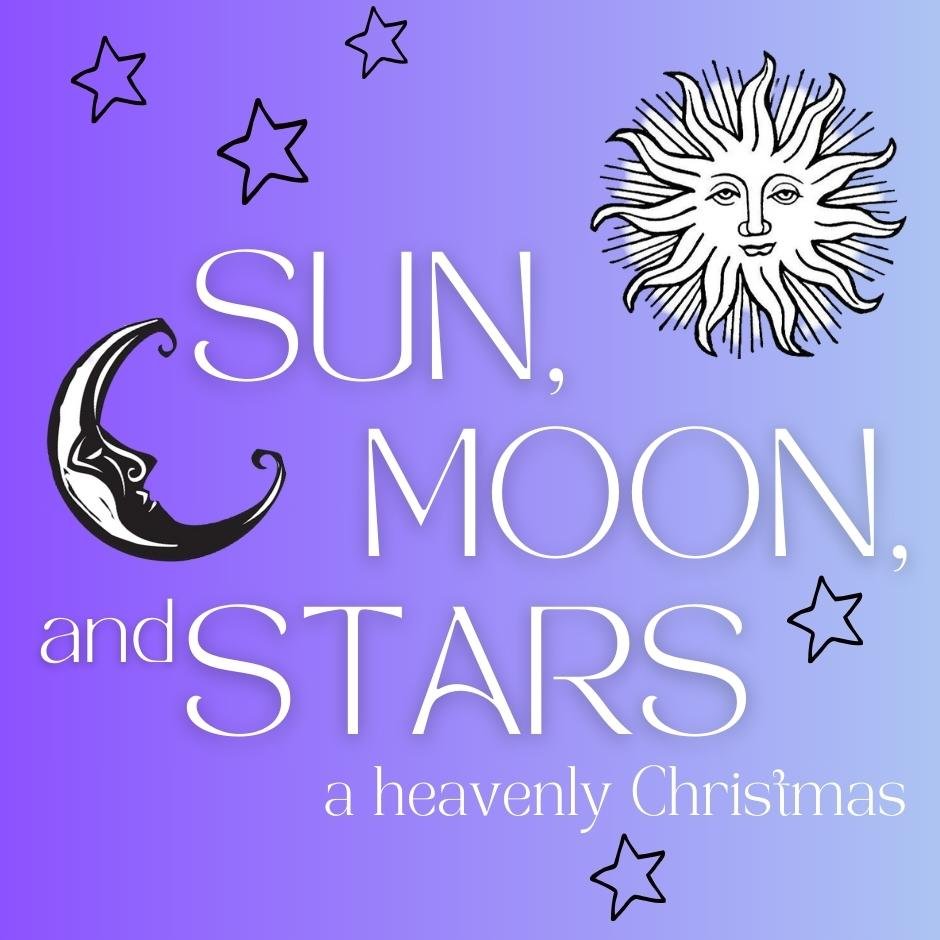Music of Comfort and Hope: Introducing Hungarian Composer Balázs Kecskés D.
Composer-Not-in-Residence
BALÁZS KECSKÉS D.
We are honored to be among the first U.S. ensembles to present the music of Hungarian composer Balázs Kecskés D. *, this season’s Composer-Not-in-Residence, whose music is fast becoming well known in Europe. On December 10, 16, and 17 we’ll present the U.S. premieres of two wonderful pieces on Sun, Moon, and Stars: A Heavenly Christmas. World premiere works will be heard on our March and June programs.
* Say “bawlazh ketchkaysh d”!
With numerous chamber, orchestral, and choral works under his belt at only 30 years old, Balázs Kecskés D. takes an eclectic approach to composition – drawing on sometimes surprising combinations of techniques and styles, from the Baroque to contemporary Rock.
Both of Kecskés’ works on our Sun, Moon, and Stars program have biblical texts sung in Hungarian. In Közel (“Close”), he sets this line from Psalm 34:
"The Lord is close to the brokenhearted and saves their wounded souls."
Asked about the inspiration derived from that line, Balázs writes:
“Who can't recall a life situation in which they greatly needed someone to lift them up and comfort them? ‘When I am weak, then I am strong,’ writes the apostle Paul, expressing the great paradox of Christianity. Instead of the philosophy of strength, power, and superiority over others – perhaps most powerfully articulated by Nietzsche – we can confidently entrust our lives to the one who "will not break a bruised reed or snuff out a smoldering wick."
In setting biblical texts, Balázs is most inspired by the works of Early Baroque composers Schein and Schütz, who would often unfold a short text using a variety of word painting devices. In Közel, for example, fragmented melodies, pauses, and sighs occur where the singers say “megtört szívűekhez” (“to the brokenhearted”).
Reménykedve várjuk, III (“We wait for the Lord with hope“) is excerpted from Balázs’ Three Motets for Mixed Choir, in which each movement is based on a parable of Jesus. Here he took a more minimalist approach, consciously restricting his musical palette with the aim of reaching the pure essence of each parable.
“Each musical event – a change in harmony, a vocal shift – carries special weight, and small changes open up new dimensions. The text consists of short sentences, sometimes just single words.“
The Reménykedve várjuk movement is mostly based on John 5:24: “Whoever hears my word and believes him who sent me has eternal life,” but the title and refrain are from another source.
“In researching these parables, I consulted a pastor's text selection, where the theological message of each parable was summarized with a short sentence. For this section, he wrote "We await the coming of the Lord with hope!" And I wove that into the piece because I liked the text.”
With its fast, driving rhythmic sections contrasting against slow, floating harmonies, the piece conveys a sense of both longing and hope. Balázs' two very different works contribute two different sounds and moods to the program and give glimpses of the range and originality of this talented young composer.
Don’t miss these U.S. premieres of music by Balázs Kecskés D., plus Bach, Brahms, Kodály, Lassus and more!
Sun, Moon, and Stars: A Heavenly Christmas
Performances 12/10 (San Francisco), 12/16 (Palo Alto), and 12/17 (Oakland). Details/tickets ➟



